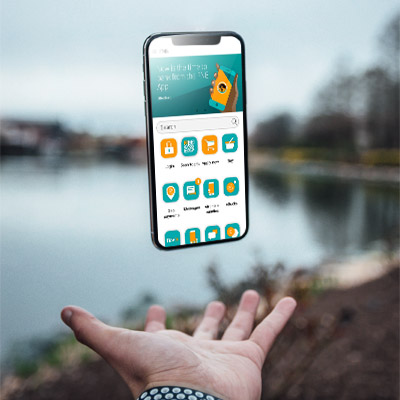
This is the time to evaluate your current situation and consider what your future looks like
It is one thing to have to deal with the constant shifting challenges of a regular business environment, but it is a totally different set of challenges to have to deal with when you cannot operate your enterprise at all. This is what the national lockdown has meant for a variety of businesses at the various COVID-19 alert levels.
While it is challenging for many business owners and their employees, we can take some comfort in the fact that in the same way every set back you have experienced, whether big or small, this too shall pass. I say this, acknowledging that the COVID-19 pandemic is not like any other challenge we have experienced in our lifetime.
If you do find yourself in a position where you have extra time on your hands then I strongly suggest you use it wisely. One valuable thing you could do is evaluate your current situation and consider what your future state might look like. Here are some thoughts to get you going.
-
Identify what is strategic to you.
Know exactly why you are doing what you are doing. Identify strategic issues - the essentials of your business or better stated, the main reason why you are in business. Isolate these reasons from those that are non-strategic. An excessive number (this is subjective) indicates that you need to clarify your strategic objective further. Free yourself of non-strategic issues by eliminating or significantly reducing them. -
Set goals and detail actions
Having identified the issues strategic to your business, you need to be crystal clear about the goals associated with each issue. If you want to achieve goals you will need to take specific actions within a reasonable time. Activities or blockages hampering the achievement of goals should be eliminated at best, or reduced at worst. When you set goals and detail actions you are likely to find that "urgent" jobs may assume a different priority in your business. -
Plan your year, month, week and day
Planning how to make the best use of your time is a form of project management. The parts of your project over which you will have most control are those relating to today and the next twenty four hours. While being aware of and maintaining the overall long-term picture, your diary for the next two days will require your immediate attention; it will be more detailed than the next month's diary. Though effective time management entails more than diaries and to-do lists, both play vital roles in keeping you focused on the key issues, being aware of the value of time, as well as being organized. -
Practice key management techniques
If you are to get yourself organised, you must become an effective time manager. Work on strategies such as these suggested, part of your daily operations: -
Be prepared when travelling and waiting
Technologies like laptops, tablets and similar devices help maximise the time available to you when you are travelling or having to wait for appointments. Reading books, articles and reports specific to your industry are still some of the most reliable means of acquiring information. Your time is too valuable to flip through old news and irrelevant literature in reception areas or even on airplanes. Be sure to organise yourself now. How will you use the idle moments while travelling or waiting? What book will you carry with you just in case you have that idle hour or two? -
Just how organized are you?
Time is a constant. There are 24 hours in a day, no more, no less. The challenge is to maximise this time. It is possible, provided you approach the issue methodically. Here are some questions to help you self-evaluate. -
Stay on the ball
Focus your efforts on the few things you can do something about. Live a happier, more productive life by changing what you can and accepting that which you cannot. Remember, those who make the worst use of time are the first to complain of its shortness.
Finally, always remember that the business of business is not producing goods and services, but buying customers by doing the things that will make people want to do business with you.


